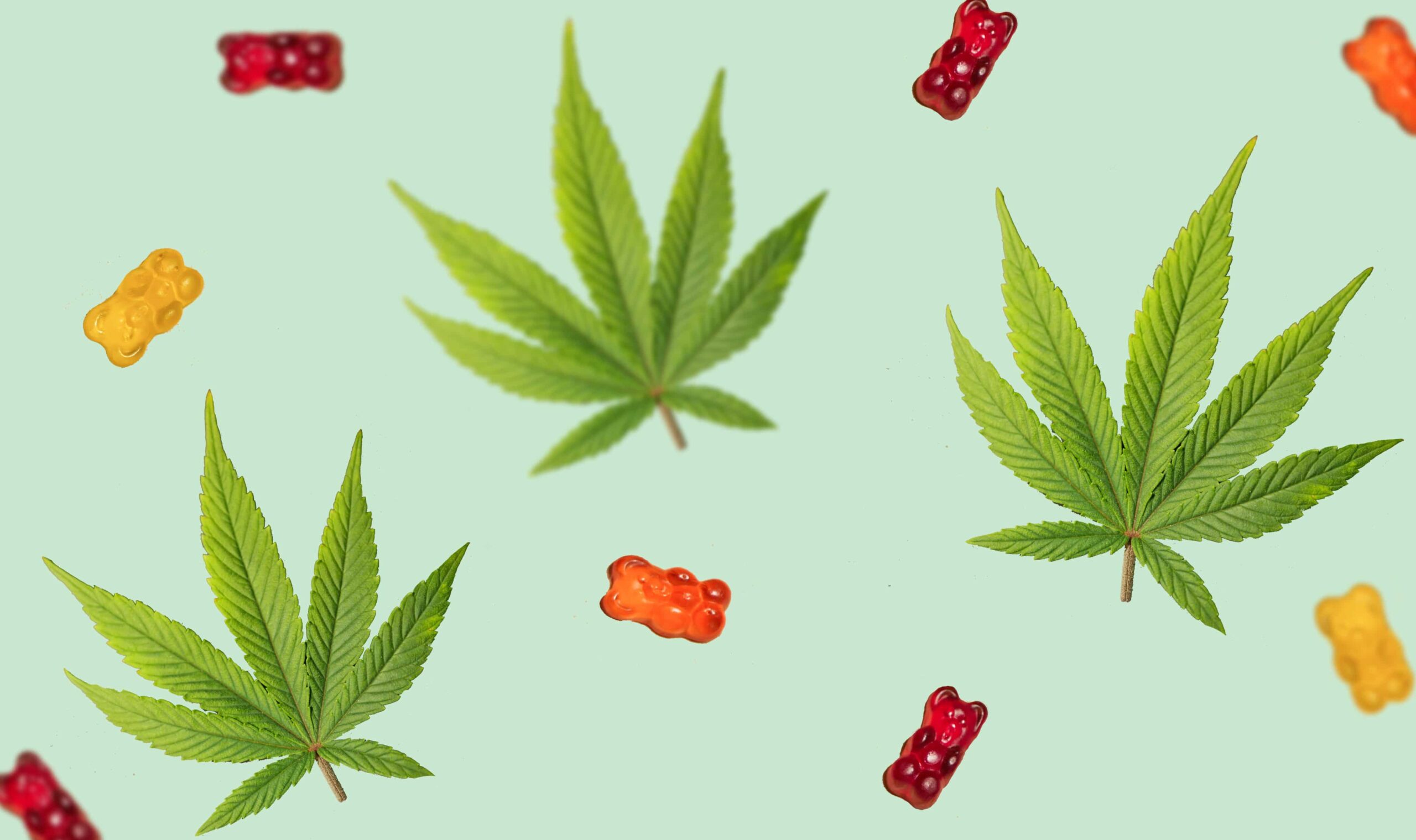
THC edibles now legal in Minnesota
New state law went into effect in Minnesota on Friday allowing the sale of edible products containing the psychoactive cannabinoid THC. Under the measure, foods and beverages can be fortified with up to 0.3% THC, although the cannabinoid can only be derived from hemp.
The measure allows food and beverages with up to 0.3% THC to be infused, as long as the cannabinoid comes from legally produced hemp, legalized by the 2018 Farm Bill. Legislation allows edibles with up to 5mg of THC per serving, with a maximum of 50mg per package. The sale of edibles containing hemp-derived THC is restricted to adults 21 and older.
Cannabis advocates say they are surprised that the law passed at the end of the 2022 legislative session because Republicans in the state Senate were strongly opposed to legislation that would legalize recreational cannabis use. Steven Brown, the CEO of Nothing But Hemp, said he plans to start selling up to a dozen new hemp-derived THC products at his six retail locations in Minnesota. He expects dozens more products to be available within a few months.
“In a way, we’ve legalized cannabis,” Brown told local media.
Hemp THC products legalized by Farm Bill 2018
Although hemp products containing up to 0.3% delta-9 THC were already legal under the 2018 Farm Bill, the legislation did not place a limit on delta-8 THC, which can also be derived from hemp. Minnesota’s bill was written in part to address the proliferation of delta-8 THC products, many of which contain high levels of the psychoactive cannabinoid.
State Representative Heather Edelson drafted the House version of the bill. She said the measure was intended to address a public health concern, noting that calls to poison control centers have increased since hemp-derived THC products became available in Minnesota.
“There were these products that basically had no real regulations. But people consumed them,” Edelson told Minnesota Public Radio. “They were sold all over the state of Minnesota, and a lot of them at gas stations.”
Legislation includes labeling requirements for foods and beverages containing hemp THC. Products containing either CBD or THC must be clearly labeled and may only be sold to adults 21 and over. The law doesn’t regulate who can sell hemp-THC-infused edibles or beverages, and doesn’t place a limit on the number of products that can be purchased.
Republican Senator Mark Koran, the author of the Senate version of the bill, said he followed the lead of state health officials in drafting the bill.
“With the federal changes in 2018, the [Minnesota] Recognizing the need for regulations on certain products, the Board of Pharmacy and Department of Agriculture have worked with the Legislature to restrict the market,” Koran said in a statement. “That’s what this bill does.”
Although the amount of THC allowed is fairly low compared to infused foods and beverages allowed in states that have legalized cannabis for adults, they contain enough THC to have psychoactive effects, especially for the uninitiated user. And since the number of products available for purchase is unlimited, even higher doses are readily available.
“This stuff will get you high, there’s no doubt about it,” said attorney Jason Tarasek, founder of the Minnesota Cannabis law firm and board member of the Minnesota Cannabis Association. “Everyone calls it hemp-derived THC, which makes it sound like something other than marijuana. But I went on social media and called it adult marijuana because that’s how most people will see it.”
The Minnesota Senator wants to change a new law
Republican Senator Jim Abeler, who chairs the Senate Human Services Reform Finance and Policy Committee, said he was unaware that the law would legalize edibles containing delta-9-THC, adding that he believes the legislation would only be for Products with Delta-8-THC are considered .
“I thought we’d do a technical fix, and it ended up having a broader impact than I expected,” Abeler said, saying state lawmakers should consider rolling back the new law.
But Majority Leader Ryan Winkler, who supports sweeping efforts to legalize recreational cannabis, said Abeler’s proposal to reverse the law was “ridiculous,” noting that the senator “voted in favor.”
He signed the conference report,” said Winkler. “This is a step forward towards a policy that we strongly support.”
Edelson agreed, saying that “more consumer protection was really my goal.” But she admitted the new law brings Minnesota closer to legalizing recreational marijuana. “It was no secret what we were doing here.”

Post a comment: